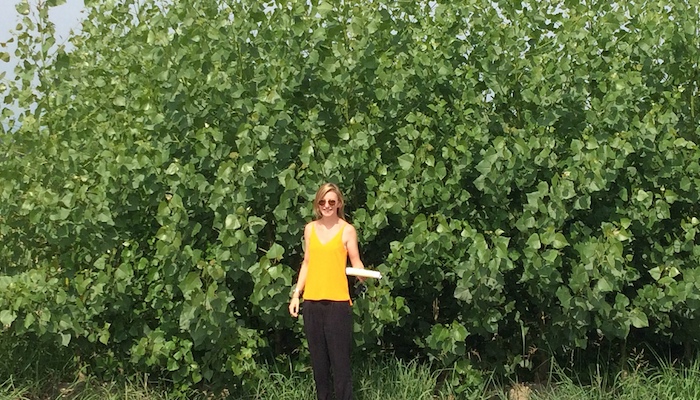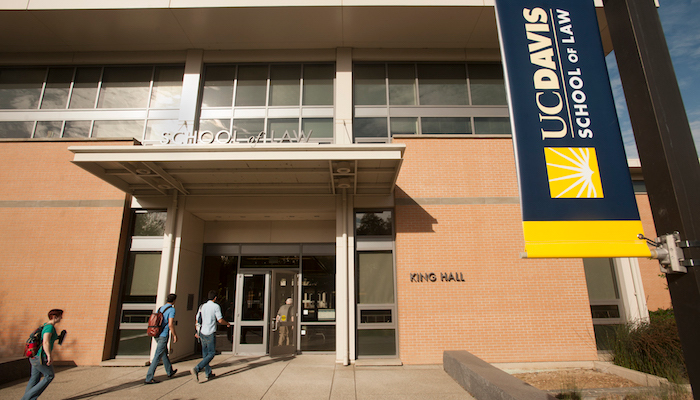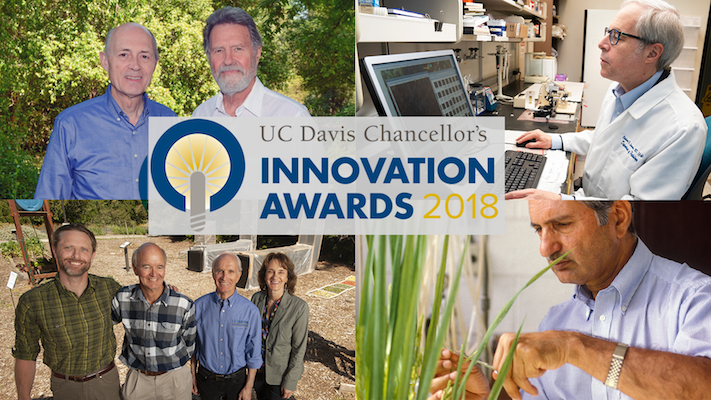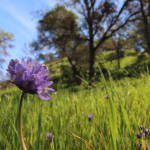$2.5M to develop bioenergy feedstock poplar trees that can be grown on low-quality land
Bioenergy crops are central to climate mitigation strategies. This includes their use in BECCS (Bioenergy with Carbon Capture and Storage) and biomass supplied for heat, power, liquid fuels and in the future, biorefining to chemicals. It has been predicted that bioenergy will be the fastest developing renewable resource over coming decades, but at the same time, land use for bioenergy production can be controversial if it has negative impacts on land for food, or is detrimental to a wide array of ecosystem services.
Gail Taylor, professor and department chair in the Department of Plant Sciences, UC Davis, in collaboration with geneticists Jin-Gui Chen and Wellington Muchero at Oak Ridge National Laboratory, received $2.52 million in funding, over the next five years, from the U.S. Department of Energy, to develop bioenergy feedstock poplar trees that can be grown on low-quality, poor, and marginal land.
“An important challenge is that trees are able to grow in drought-prone environments, which are likely to be more common in the future,” said Taylor. “This is an exciting opportunity since poplar is both a model organism and one that can be deployed as a real crop in the field.”
The research will focus on the link between phenotype and genotype, first determining the ideotype or ‘perfect tree’ for droughted environments and then linking this to underlying genomic targets that will be explored using the latest CRISPR-Cas9 gene editing tools, already developed for poplar.
Continue reading at Department of Plant Sciences.
Latest News & Events















